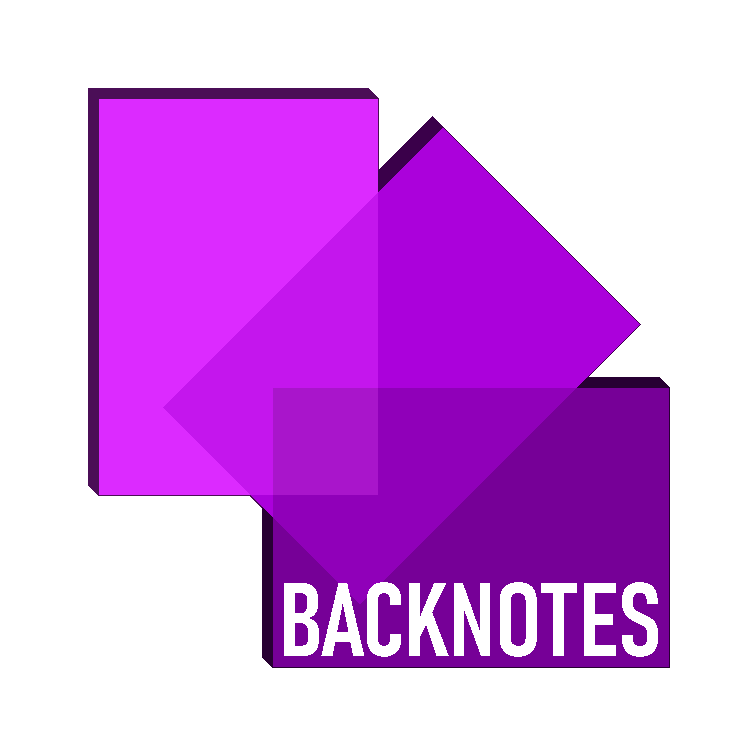
Mao and Authoritarianism
- Authorisation directorships
- Absence of democracy, individual rights, plaimentry govt
- Totalitarian dictatorships (Leonard Schapiro, 1973)
- Lead by an all-powerful leader cont. all aspects of the government.
- Cult of personality created to idolise leader
- Ideological goal of restructuring all aspects of society
- Deliberate use of censorship and propaganda
- Controlling all aspects of culture
- Indoctrinating all sections of society, especially the young
- Systematic use of coercion and terror to ensure total obedience
- Absolute state control of econ. which is subordinated to political objectives
- Mao meets many of these criteria
- Unelected, rose to power throughout civil war
- No vote held to provide legitimacy
- Expected blind submission to his authority
- No room for individual thought/action
- Single party state w/ no elected national govt.
- Power concentrated in NPC
- Controlled by Mao
- Power concentrated in NPC
- Mao exercised full power without restraint
- Political/civil rights
- Legal bodies and groups dispersed
- Opponents sent to labour camps, struggle sessions
- Media tightly controlled
- However, authoritarian rule varied in intensity over years
- Despite restrictions, at all times etching minorities often allowed to express and dev. own culture
- Muslims Uigurs, Buddhist Tibetans
- 1959 saw brutal repression beginning
- Mao removed himself from govt 1959-62 saw power exercised by others
- Similar occurrence with Gang of Four in the 1970
- Size of country and limits to control of people prevented dev of full totalitarianism
- Despite restrictions, at all times etching minorities often allowed to express and dev. own culture
2. Historiography
- Pre-Cultural Rev saw orthodox views of mistakes outweighed by achievements
- Jean-Paul Sartre: Mao profoundly moral
- Simon de Beauvoir: Mao no more dictatorial then Roosevelt
- Stuart Schram: Maps unique vision and strong continuous nationalism
- Revisionist views developed after the cut. Rev
- Phillip Short: Mao combined awe-inspiring charisma and fiendish cleverness to prod. Remarkable results for China
- Jonathon Spence: Despite agony he caused, Mao was both visionary and realist
- Lee Feigon: Mao set China on road to fundamental change
- Post Revisionist perspective dev. 90s and 2000s
- Jasper Becker: Accused Mao of starving 30-40 mil people to death during GLF
- Juang Chang: Mao greatest mass murder ever, even worse Hitler or Stalin
